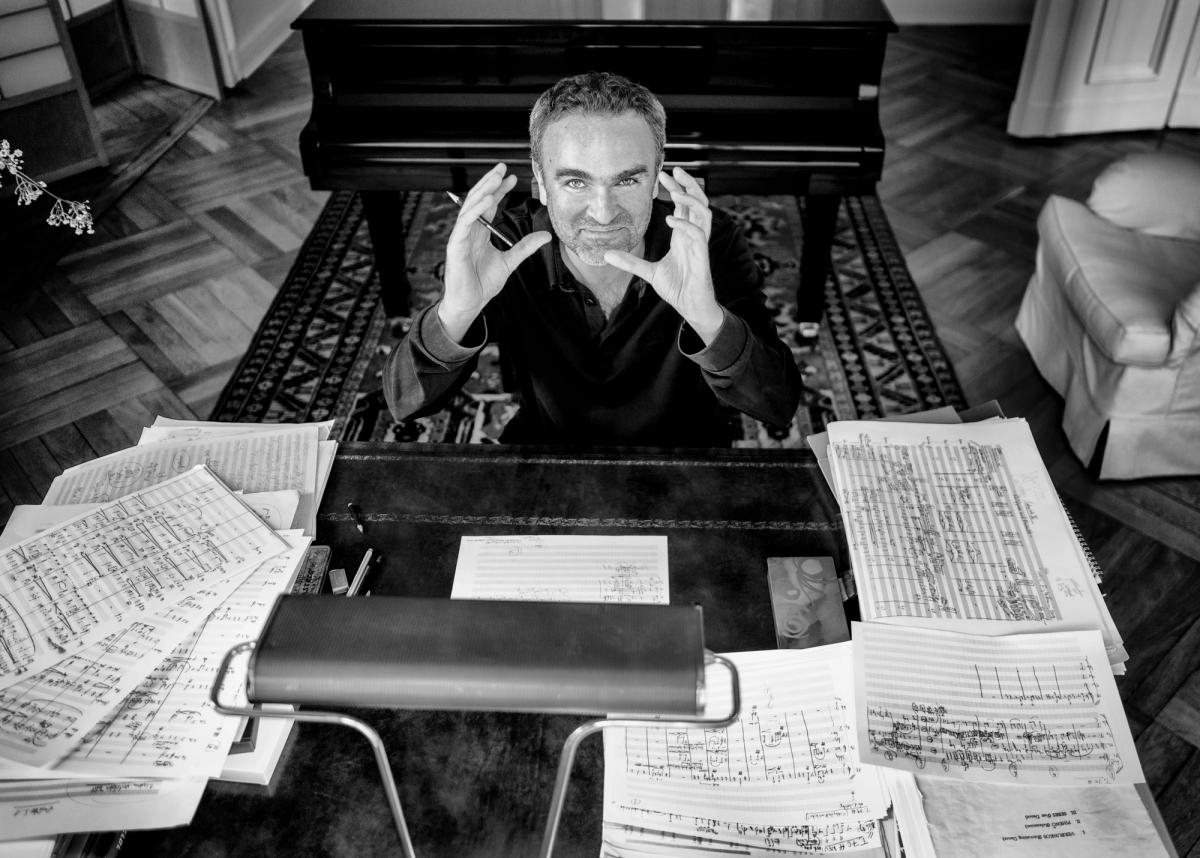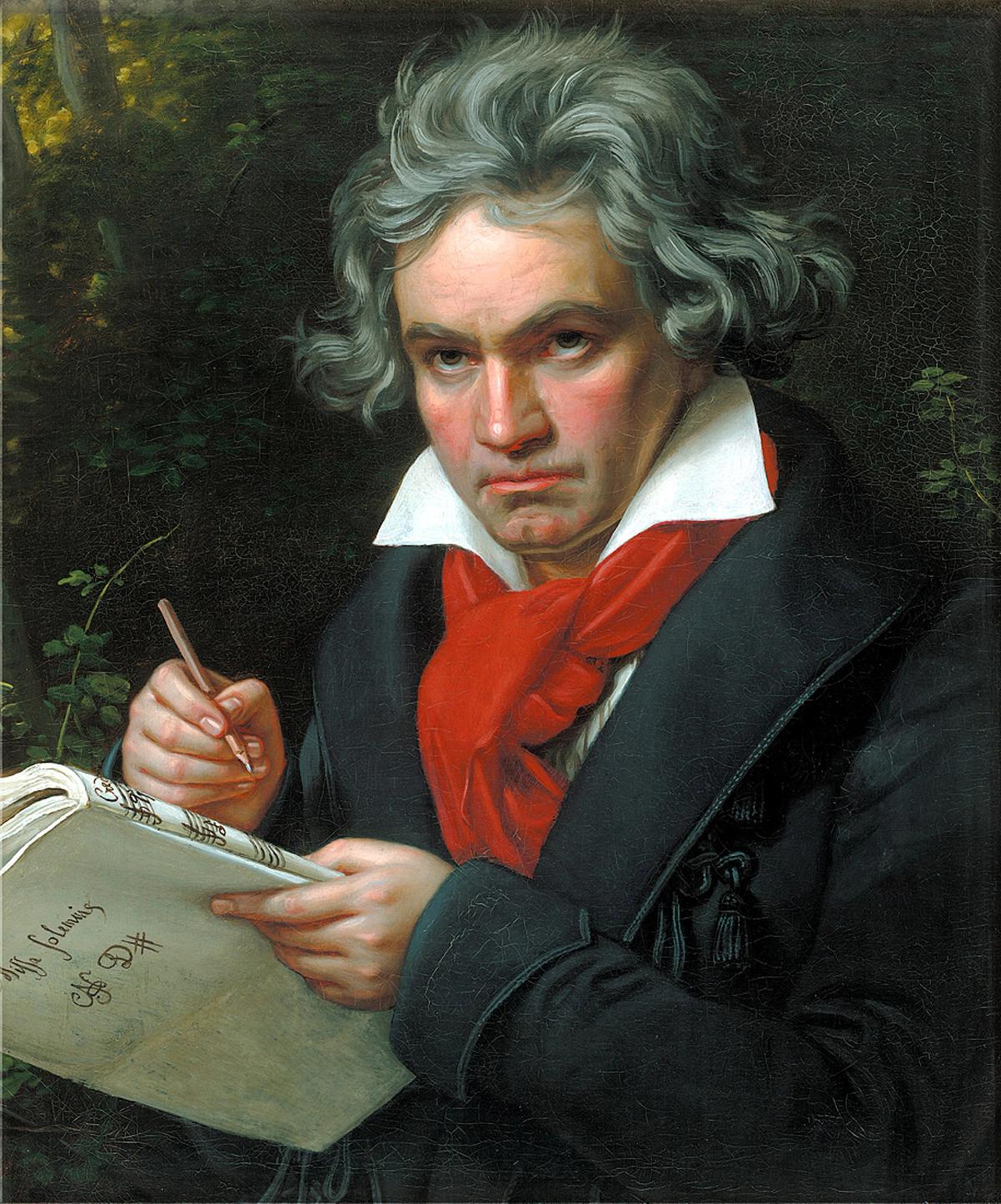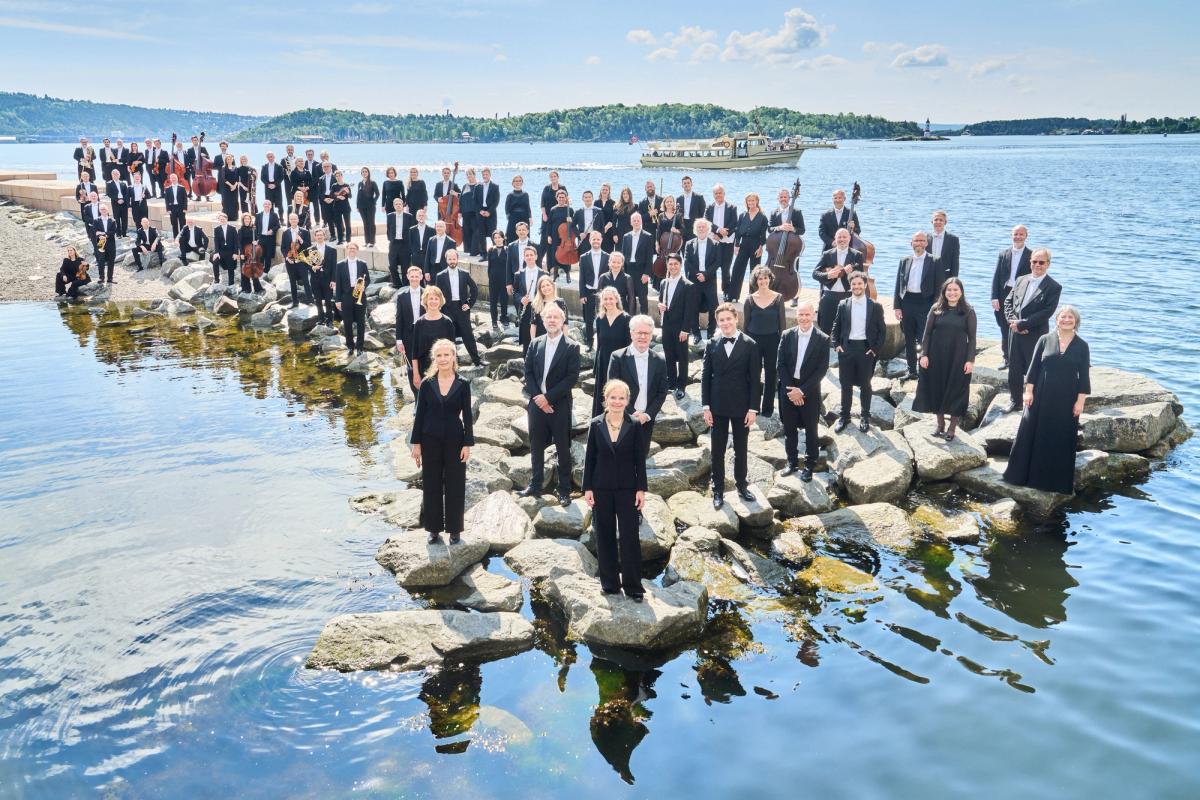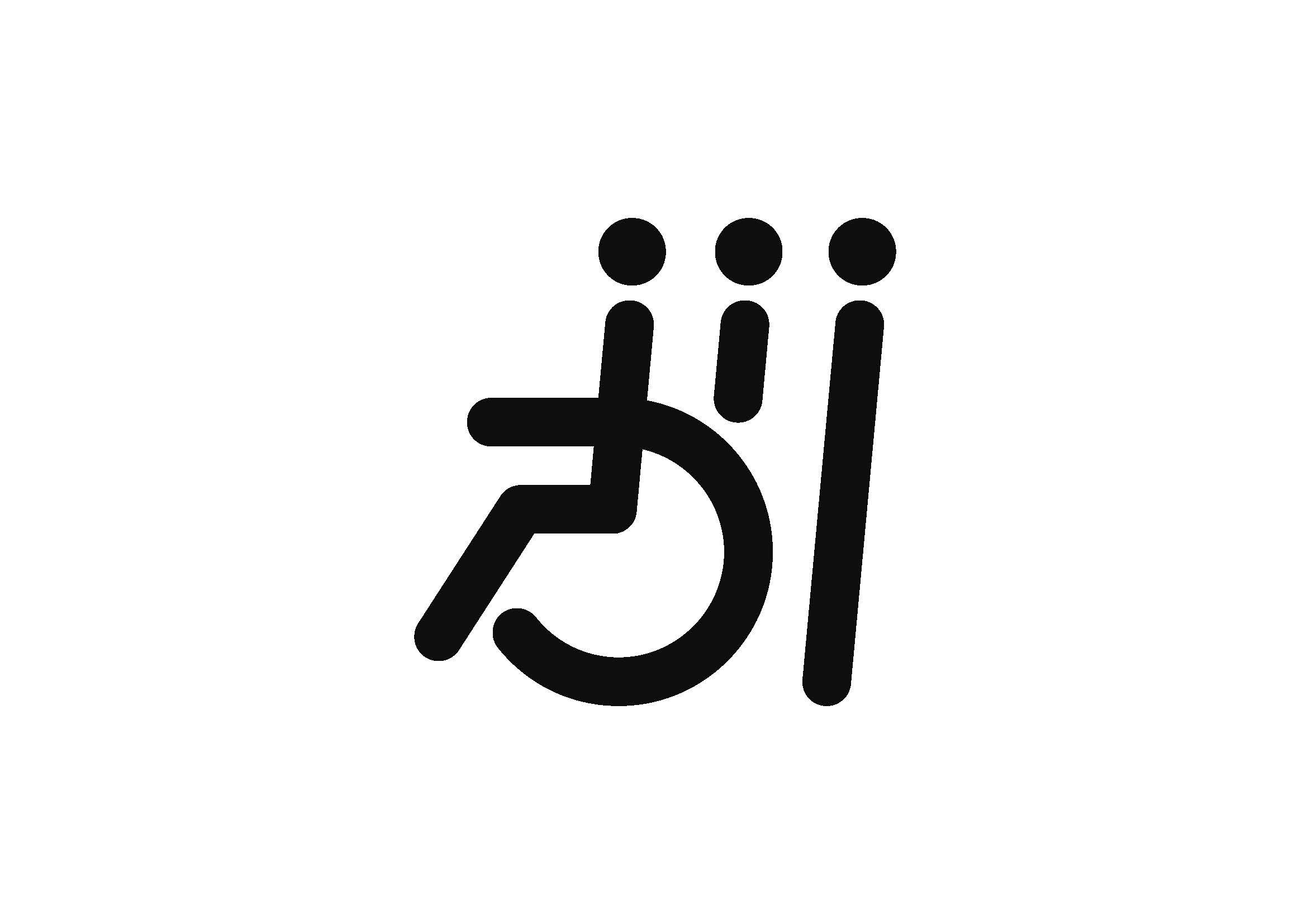Widmann & Beethoven
Oslo Philharmonic with Jörg Widmann and Carolin Widmann
With Beethoven as a spark, the Oslo Philharmonic brings classical codes to new life
There are moments in time when, in the face of struggle or a lack of vision, we feel the urge to look back. Not to glorify or indulge in nostalgia, but to encounter beauty that still resonates. Dreams once dreamt that might ignite our capacity to dream again.
Beethoven may have died long ago, but his music echoes throughout this year’s festival—not by curatorial design, but through the choices of artists themselves.
One of them is Jörg Widmann, invited by the Oslo Philharmonic to conduct this evening’s concert and present his own works.
In Con brio, Widmann uses the same instrumentation as Beethoven did in his Seventh and Eighth Symphonies. He does not quote the music directly, but plays with Beethoven’s gestures and techniques.
Next comes Violin Concerto No. 2, written for Widmann’s sister Carolin, a leading soloist in contemporary music. As children, the two often played together, with Jörg encouraging Carolin to explore the violin in unconventional ways—an experimental spirit that carries into this work.
The concert ends, fittingly, with Beethoven’s Seventh Symphony, said to be one of the works the composer cherished most. From the famously melancholic second movement to the frenetically joyful finale, the symphony offers both gravity and euphoria.
In dialogue with the past, something urgent and alive is set in motion—a spark leaping across centuries, reminding us of music’s power to carry and transform human experience.
Artist talk: Jörg Widmann
18 September, 18:15–18:45, Oslo konserthus I Glasshuset
Admission with concert ticket only
Oslo Philharmonic invites you to a conversation with composer, conductor, and clarinetist Jörg Widmann about the pieces he will conduct with the orchestra in the concert Widmann & Beethoven – his Con brio and Violin Concerto No. 2.
Widmann’s music is marked by energetic contrasts, humour, and a playful engagement with tradition. In Con brio, he does not directly quote Beethoven’s symphonies, but mischievously transforms their gestures, techniques, and rhythmic drive. The Violin Concerto No. 2, written for his sister Carolin—one of today’s foremost soloists in contemporary music—pushes the violin into unconventional territories, reflecting the siblings’ shared history of experimentation.
Widmann’s output spans orchestral, chamber, operatic, and solo compositions, widely performed by leading ensembles and festivals such as the Berlin Philharmonic, Salzburg Festival, and Lucerne Festival. He is the recipient of the Ernst von Siemens Composer Prize and the Bach Prize.
The conversation will be led by Alex Taylor, artistic director of the Oslo Philharmonic, and Ultima director Heloisa Amaral.
Facts
- Jörg Widmann on music and art: "'Tone art is born free, and its destiny is to become free.' This sentence by Ferruccio Busoni became a kind of credo for me. Surprise and freedom shape my artistic thinking."
- Widmann's Con brio was composed in 2008 and has since become one of the most frequently performed orchestral works of the 21st century.
- Ludwig van Beethoven was born in Bonn in 1770. His radical innovations in form and expression reshaped classical music.
- More Beethoven at the Ultima 2025: In this time – Beethovens klaversonater; And Fear of Loss Will Not Oppress Your Heart; For Reasons Unknown; HISTORY DOES NOT EXIST.

Jörg Widmann. Photo: Marco Borggreve

Ludwig van Beethoven

Oslo-filharmonien. Photo: Kaupo Kikkas
Music by
- Jörg Widmann
- Ludwig van Beethoven
Featuring
- Oslo Philharmonic
- Carolin Widmann (solo violin)
- Jörg Widmann (conductor)
In collaboration with
- Oslo Philharmonic









